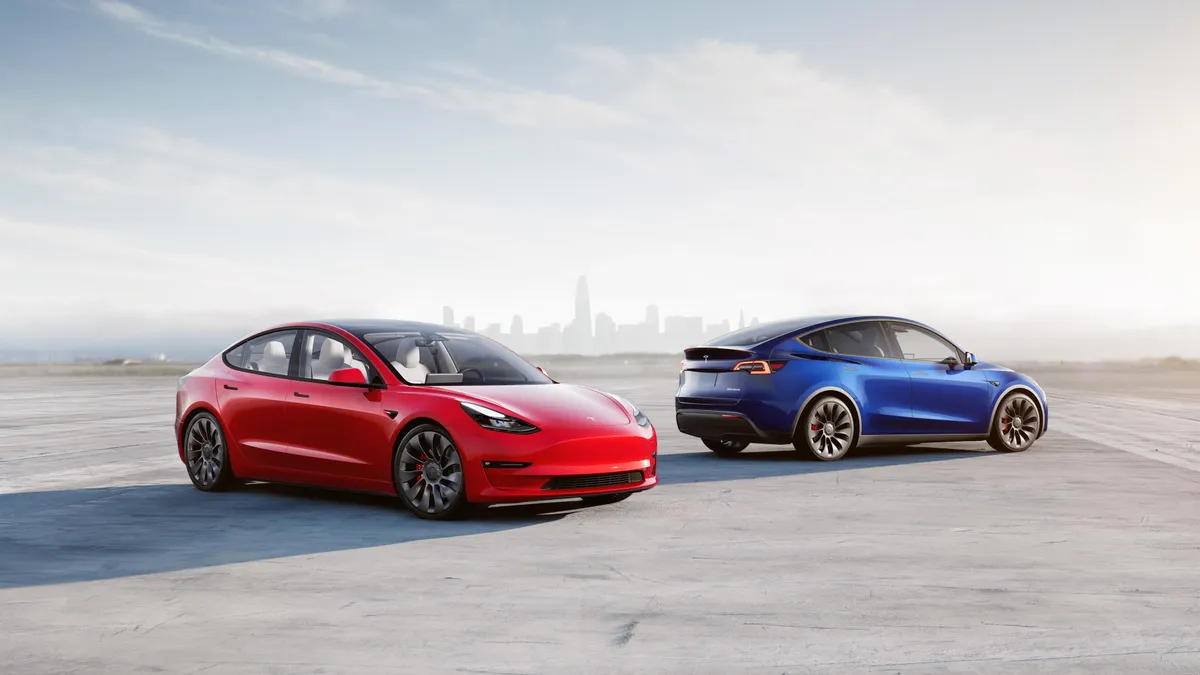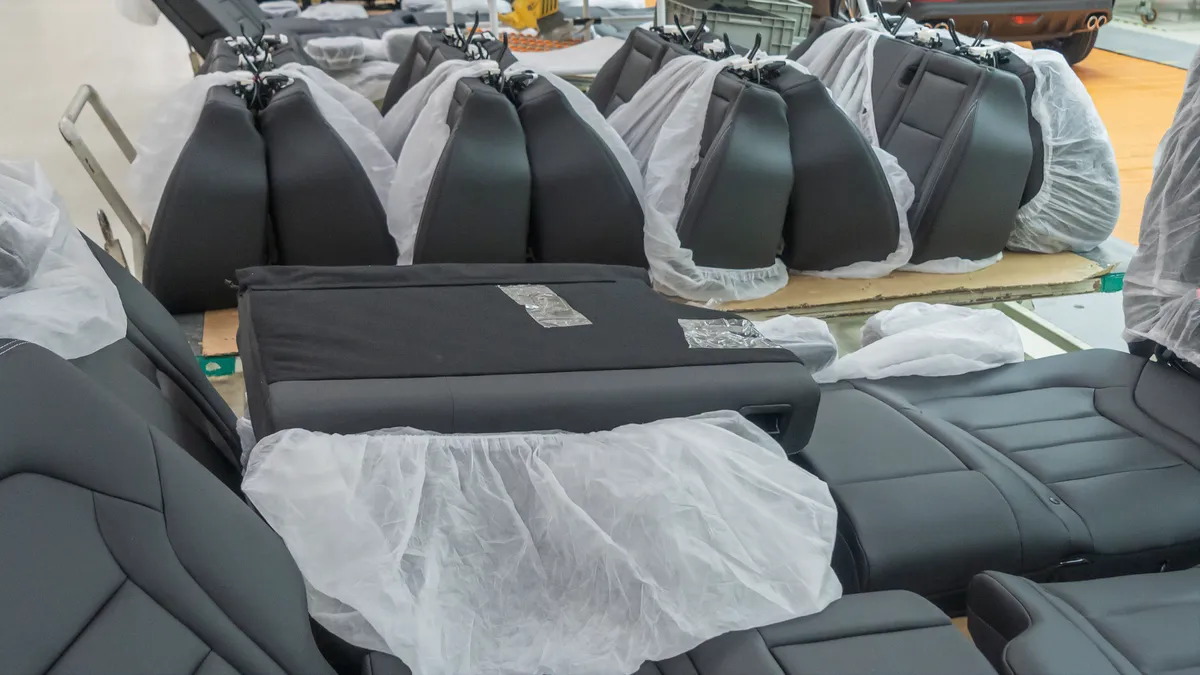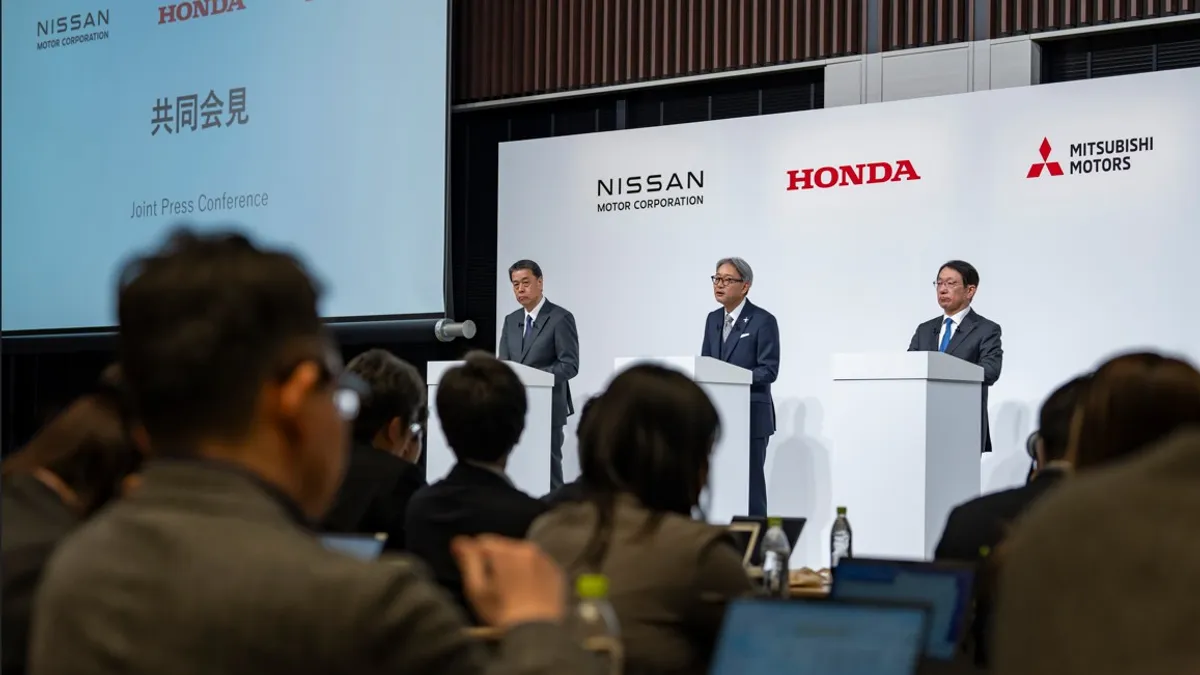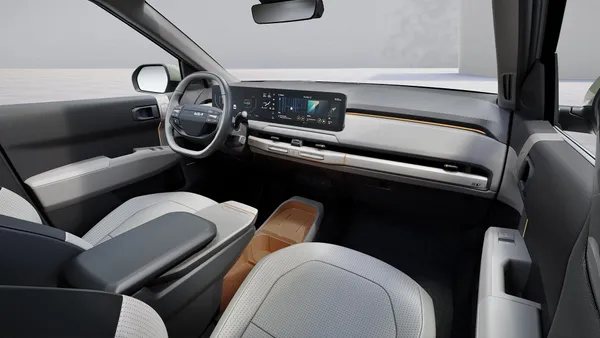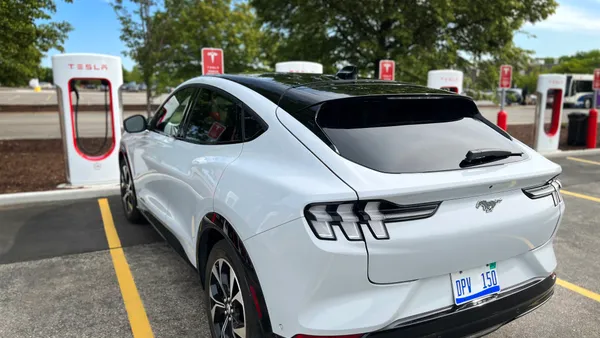The U.S. Department of Commerce plans to investigate whether connected vehicle technology developed by companies linked to China poses a risk to U.S. national security, according to a Thursday press release.
“It doesn’t take a lot of imagination to think of how foreign government with access to connected vehicles could pose a serious risk to both our national security and the personal privacy of U.S. citizens,” Secretary of Commerce Gina Raimondo said in a statement.
The investigation begins with an advanced notice of proposed rulemaking, in which the Commerce Department is asking stakeholders to submit their comments on the matter. The comments will inform whether the federal government proposes rules to limit transactions with entities linked to certain foreign governments, like China, and involved in the connected vehicle supply chain.
Among other topics, the Commerce Department is asking automakers and other stakeholders to weigh in on:
- Definitions;
- How potential classes of transactions integral to connected vehicles may present “undue or unacceptable risks to U.S. national security”;
- Prohibition or mitigation measures that could address national security risks related to connected vehicles;
- Whether to create a process that would approve exceptions to a rule banning certain transactions
The Biden-Harris administration expressed particular concern with the role China-linked firms play in designing, developing, manufacturing and supplying materials for connected vehicles. In a fact sheet, the White House said vehicles that rely on foreign technology or data systems could later be used as avenues for espionage or sabotage, and, therefore, be used to threaten national security.
“Connected vehicles collect large amounts of sensitive data on their drivers and passengers; regularly use their cameras and sensors to record detailed information on U.S. infrastructure; interact directly with critical infrastructure; and can be piloted or disabled remotely,” according to the fact sheet.
The investigation into connected vehicles is yet another way the United States is exploring regulating supply chains to safeguard national security. Over the past few years, for example, the Biden-Harris administration has pushed policies that encourage domestic chip production, incentivize nearshoring, and restrict trading with foreign entities of concern — all of which have affected automakers’ supply chain strategies.
However, President Joe Biden also called out China’s actions to dominate the future of the automotive market — including “using unfair practices” and attempting to “flood our market with its vehicles” — as reasons for the investigation.
As an example, in 2021, China began restricting the use of Tesla vehicles by military and state employees over concerns that the vehicles could be a source of national security leaks, according to The Wall Street Journal.
“China imposes restrictions on American autos and other foreign autos operating in China,” President Joe Biden said in a statement. “Why should connected vehicles from China be allowed to operate in our country without safeguards?”



